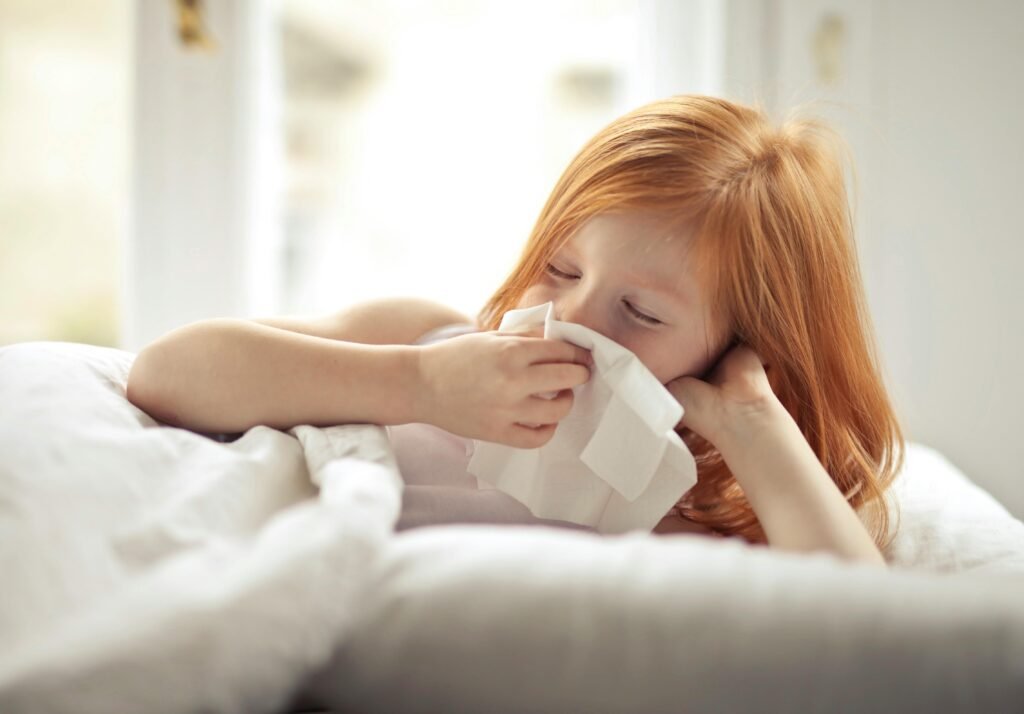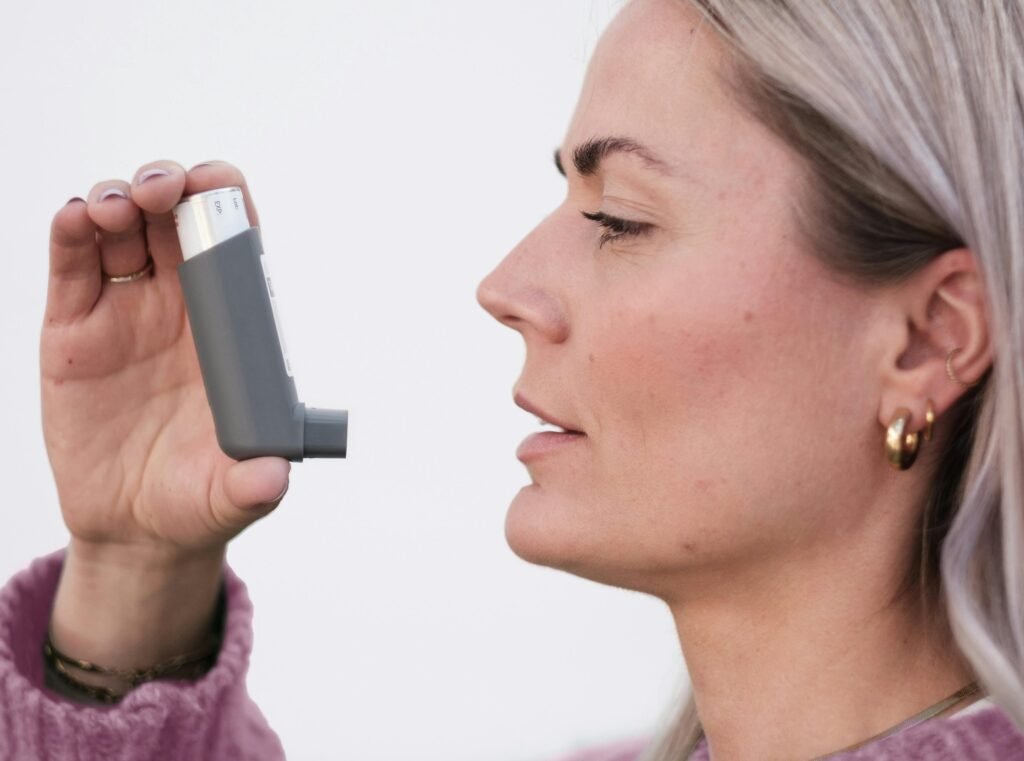Seasonal variances in the weather have been quite beautiful. It marked transits in nature. These changes have adverse effects on human health, affecting individuals collectively to numerous illnesses. The shift in temperature, humidity, and daylight hours can manifest itself as an array of diseases simply because the immune system remains unmatched and unprepared for the sudden shifts. Here are five common diseases resulting from seasonal weather changes and how to go about preventing and effectively managing them. Here:
1.COMMON COLD

The common cold is one of the most prevalent diseases so common during change of seasons, especially fall and winter. The cooler weather increases indoor storage, providing the possibility for viruses to easily spread, given that the person stays quite close to one another. Most of the cold-causing viruses belong to a family known as rhinoviruses.
Symptoms:
*Runny or stuffy nose
*Sore throat
*Sneezing
*Mild fever
Prevention:
*Wash hands frequently using soap and water
*Avoid touching face, especially nose and mouth
*Have a well-balanced diet that is rich in vitamin C to enhance immunity.
2.SEASONAL ALLERGIES

Seasonal changes often produce allergies as pollen, mold, or dust mites activate. Spring and fall season produce high amounts of pollen, while damp conditions in winter tend to increase mold growth.
Symptoms:
*Sneezing
*Watery, itchy eyes
*Nasal congestion
*Skin rashes
Prevention:
*Monitor pollen counts and stay indoors on high-pollen days.
*Use air purifiers to reduce indoor allergens.
*Wash bedding and clothes frequently to eliminate allergens.
3.Influenza

The period around the flu season is also the time when the weather begins to cool down and the flu virus spreads quickly via droplets emitted from the mouth during coughing, sneezing, or speaking. While the flu seems to have effects somewhat similar to those of common colds, it sometimes causes special troubles among high-risk groups like the elderly, children, or those suffering from chronic illnesses.
Symptoms:
- Fever
- Aches and pains
- Chills
- Fatigue
Prevention:
- Get a flu shot annually.
- Practice good hygienic routines: regular hand washing.
- Stay hydrated and ensure sufficient rest-time to keep the immune system enhanced.
4.Asthma Attacks

For asthmatics, conditional changes of the season can be significant ignition for an attack. Cold air, damp conditions, or increased exposure to allergens such as pollen or mold can worsen the conditions of asthma and promote its aggravation.
Symptoms:
- Shortness of breath
- Wheezing
- Chest tightness
- Coughing
Prevention:
- Wear a scarf or cover the mouth and nose with a mask when it’s cold outside.
- Keep your inhaler with you at all times.
- Identify your triggers and steer clear of them.
5.Seasonal Affective Disorder

Seasonal Affective Disorder is a class of depression elucidated as changes from season to season particularly in the dimension of gloomy months-Fall and Winter. Darker days and reduced amount of sunlight tend to derail one’s circadian rhythms, leaving one feeling low and tired while slowly dipping serotonin levels across the seasons.
Symptoms:
- Persistent low mood
- Loss of interest in daily activities
- Sleep disturbances
- Weight changes
They say a couple of things such as:
- Take time out while daylight allows you.
- Light therapy using a specialized light box is also pretty good.
- As you can, remain active. This improves mood and builds up stamina.
Conclusion
Weather changes in the seasons can contribute significantly to the health of numerous illnesses, but all these can be avoided or managed given the right precautions. Therefore, as the first step toward a niggle-free beautiful season, it is essential to keep oneself informed regarding common seasonal illnesses and their preventive mechanisms. From bundling up against the cold or counting on pollen levels to following up on vaccines, small steps indeed account for quite much in maintaining health throughout the year.



